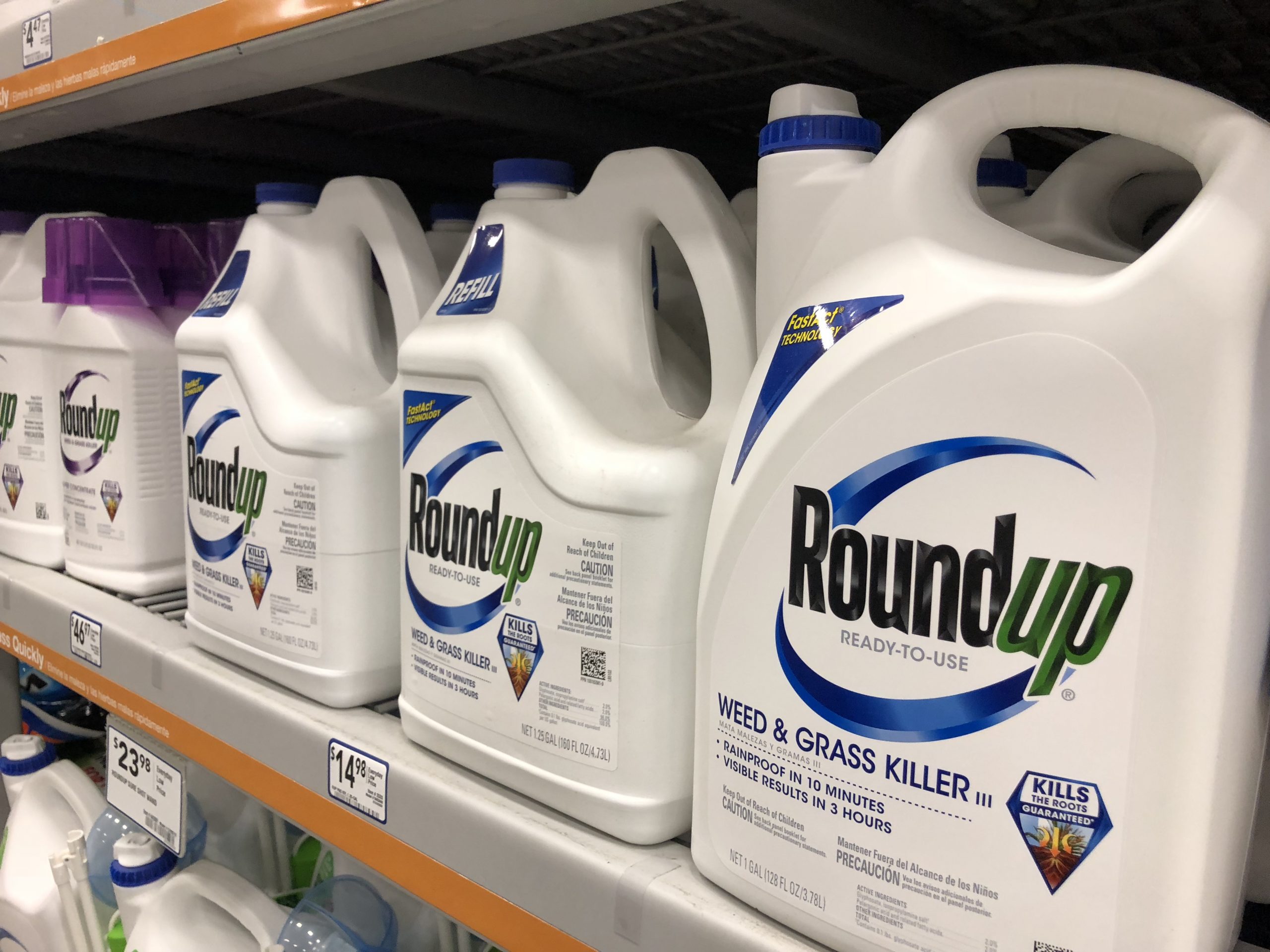Glyphosate and Roundup disrupt gut microbiome, contradicting regulator’s assumptions, study says

By Surya Zeeb
Published: January 28, 2020
Category: The Organic & Non-GMO Report Newsletter, Pesticide Hazards
A comprehensive study using cutting-edge molecular profiling proved that Roundup and glyphosate herbicides inhibit a pathway in gut bacteria, when given at permitted doses.
Specifically, glyphosate kills plants by inhibiting an enzyme called EPSPS, part of a biochemical pathway—the shikimate pathway—that produces proteins. Imbalances in gut bacteria have been linked to cancer, type 2 diabetes, obesity, and depression.
The rat study was led by Dr. Michael Antoniou of King’s College London, and scientists from London, France, Italy, and the Netherlands. Rats were fed different herbicide doses; results showed a dramatic increase in two acids in the gut, indicating the EPSPS enzyme was severely inhibited. Adverse effects—shifts in bacterial populations—were noted at all dosage levels.
“Through this comprehensive multi-omics analysis, we obtained definitive results demonstrating glyphosate and Roundup impact on both the bacterial population and biochemistry of the gut microbiome,” Dr. Antoniou said. He recommends surveys be done immediately to verify correlation between levels of glyphosate and shikimate.
The alterations themselves are cause for concern, he added. Liver and kidney damage in the rats emerged, livers showing an increase in lesions, fatty liver disease, and tissue death. Dr. Antoniou added that either lower doses of Roundup over time or a higher dose over a shorter time produced the same outcome.
The study offers possible explanation of the Roundup/cancer link: shikimic acid is a potential cancer promoter. These findings can contribute to environmental epidemiological studies on glyphosate’s impact on humans.
Source: Global Research
To view source article, visit:




